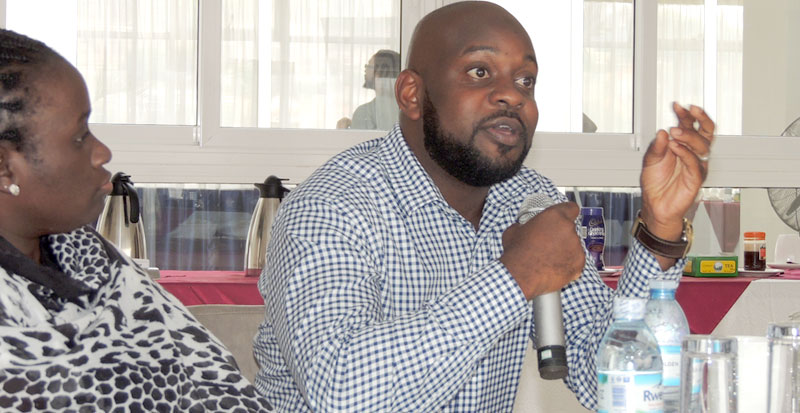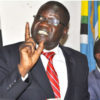Analysis
KCCA wants gov’t support in waste-to-energy project
Most of the investors who sought to generate energy using waste that is produced by the millions of Kampalans have over the years seen their dreams evaporate because of the high moisture content of the waste matter, The Sunrise has learnt.
Eng. Obed Lutakome, the Waste Management manager at Kampala Capital City Authority (KCCA) revealed that generating energy from waste collected from across Kampala, requires a lot more energy to heat it up than would be generated, using the common technologies on the market.
As a result, he noted, most of the investors who have expressed interest into the project of converting waste into energy have pulled out after conducting feasibility studies.
However, Lutakome notes that this has noted stopped KCCA from pursuing the same objective but rather by using a different approach. He argues that the authority has developed a Public Private Partnership Strategy through which they intend to appeal to government to financially support a private investor to recover some of the costs of the project.
Indeed, efforts to sell the idea are in advanced stages. Over the coming week, Lutakome said, KCCA will hold an international stakeholders conference to brainstorm on the opportunities of investing in waste management in Kampala.
Lutakome further observed that the need to find a PPP investor is urgent because of the exhaustion of space at the current landfill at Kiteezi in Wakiso district.
With up 1,500 tones of waste generated everyday in Kampala, according to Lutakome, the Kiteezi landfill can no longer allow more waste to be dumped there.
Because of this, KCCA have now embarked on a plan to establish what he termed as a sanitary landfill at Ddundu in Mukono district.
Waste management in Kampala has been a growing problem over the past fifty years as the city’s population expanded, while at the same time, successive city administrations and the central government have not taken proactive measures to put in place viable solutions.
As a result, city dwellers as well as the population living around Kiteezi have suffered the adverse effects of poor waste management particularly through bad odour, contamination of ground water and of breathing air.
Lutakome adds that Kampalans not only suffer the effects of pollution, they lose up to 8.5 billion shillings in transporting and trying to manage the waste from all over the five divisions of the city right up until it reaches Kiteezi.
According to Prof. Joseph Otim, a researcher and lecturer of environmental studies at Makerere, poor waste management in Kampala has also contaminated water in Lake Victoria, some of which finds its way back into the food chain.
According to Otim, millions of Kampalans consume foods that are contaminated with dangerous chemical compounds such as lead that can be found in fish on the shores of lake Victoria or that is found in root crops such as yams, Sweet Potatoes or casavva that is grown in swamps around Kampala.
But as KCCA contemplates waste management in Kampala, they received counsel from Makerere University environmental lecturer and researcher Prof. James Okot-Okumu.
Okumu advised KCCA to undertake a sustainable waste management approach, that incorporates the social, economic approach to waste management.
Prof. Okumu advised KCCA to consider the possibility of using the waste for other purposes such as fertiliser production.
Okumu further emphasised the need for KCCA to undertake a mass sensitization campaign for all city dwellers aimed at inculcating the habit of sorting waste, to ease waste management.
The discussion about waste management in Kampala took place at Golden Tulip Hotel last Tuesday during which young researchers under the Konrad Adenauer-supported Youth for Policy Think Tank presented findings of their research project on waste management in Kampala.
One of the outstanding findings by the researchers led by Jonan Kandwanaho, was the that on average every Kampala dweller generates about one kilo of waste every day.
The team also revealed that waste management in Kampala is very inadequate, inefficient and greatly ignores the non-visible aspects of waste such as pollution, leaching.
Comments




























